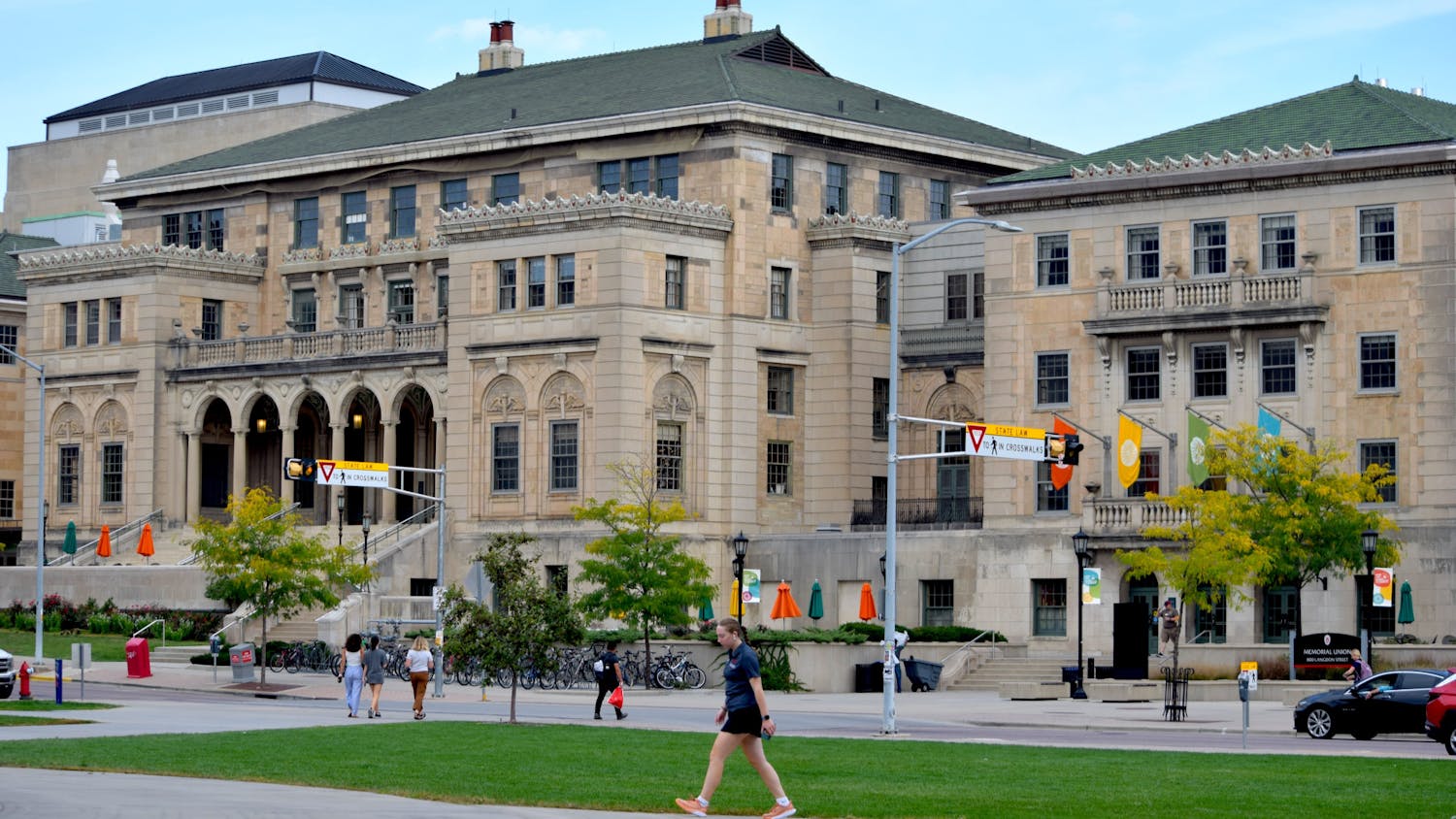University Health Services has hired a Mandarin-speaking mental health counselor in an effort to better relate to and serve international students on the UW-Madison campus.
Wei-Chiao Hsu — who was born in Taiwan and received her Master’s in Counseling Psychology at UW-Madison — provides counseling in Mandarin and English for students struggling with concerns related to international transition, relationship difficulties, academic and career issues, grief and loss and mental illness.
Twelve percent of UW-Madison students are international and about one-half are from mainland China. According to co-director of mental health services Andrea Lawson, these students come from different cultural backgrounds and have different experiences.
She said UHS is dedicated to improving mental health services for international students at UW-Madison.
“When you’re talking about emotions and experiences, for many people it’s more comfortable to speak in a different language or a language other than English,” Lawson said. “We want to be able to provide that service for students.”
As a former international student, Hsu has first-hand experience with the transition into international education. Lawson said meeting with Hsu will help students feel more confident and connected in their college experience.
“To have somebody who understands that experience or has been through that process as an international student themselves, that can feel really reassuring for students to feel like they’re not alone in their experience,” Lawson said.
In addition to Mandarin-speaking students, University Health Services plans to reach out to students with other language preferences as well. UHS is in the process of hiring a Spanish-speaking therapist to serve Latinx students and other students who prefer speaking in Spanish.
Students can also use Language Line, a translation service that allows students to receive counseling in any language they prefer.
Lawson said the ultimate goal for bilingual counseling is to improve the sense of belonging for international students on campus, which can help improve mental health and the college experience overall.
“Belonging is one of the things that really leads to thriving on campus,” Lawson said. “So if students can have a place where they feel like they belong and are being heard and understood fully, then that really goes a long way towards developing positive mental health.”






